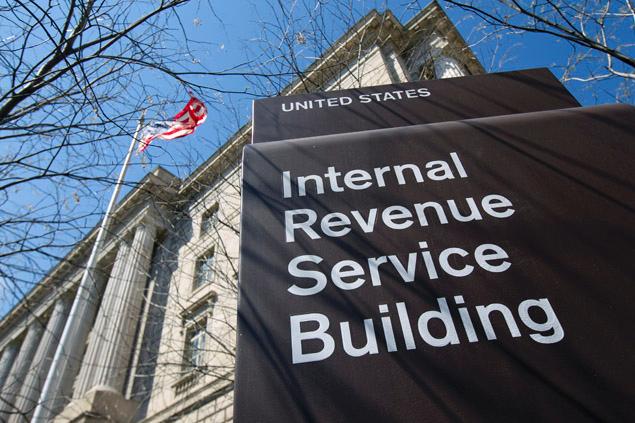During the last couple of weeks, there have been numerous controversies surrounding the IRS, after it has requested customer details from Coinbase, in an effort to combat money laundering, and identify bitcoin users throughout the United States.
Recent reports indicate that US citizens who proceed to invest their retirement money into purchasing bitcoin or other digital currencies may face high taxes, because of soon-to-be-implemented IRS policies. The reports come from the Government Accountability Office, also known as the GAO, which is trying to guide the IRS to better inform taxpayers about the hidden taxes, alongside with potential liabilities that appear after they choose to invest part of their individual retirement accounts into assets that are blockchain-based.
In the report, it was noted that: “Retirement accounts allowing such unconventional investments increase owners’ responsibilities in ways they may not understand – and mistakes can trigger taxes and penalties. Moreover, account custodians may prematurely close an account or let valueless assets and fraud go undetected because they did not accurately determine the value of unconventional assets.”
This is essential, considering the fact that at this moment in time, over 485,000 Ira accounts in the United States, worth around $49 billion have been invested into assets that can be regarded as unconventional by the IRS and other financial authorities operating in the United States. However, the amount invested into bitcoin and other digital currencies is not yet known.
The IRS is continuing to expand its current oversight of blockchain-based transactions, as it is also seeking information from exchanges. While the purpose is reportedly meant to catch tax cheats that are using the digital currency to avoid the need of having to report their requirements, members of the digital currency community are still not happy with the move, regardless.
Based on everything that has been outlined so far, what do you personally think about the GAO report, meant to ask the IRS to kindly be more open about potential liabilities of investments, and their unforeseen taxes? Let us know your thoughts in the comment section below.
Source: Read Full Article
